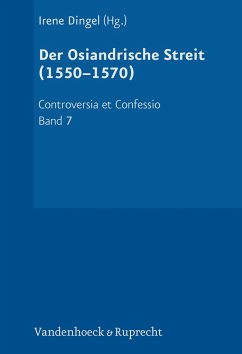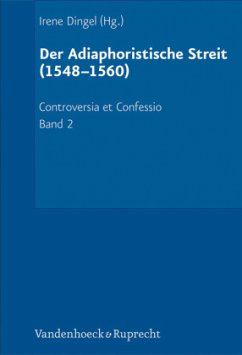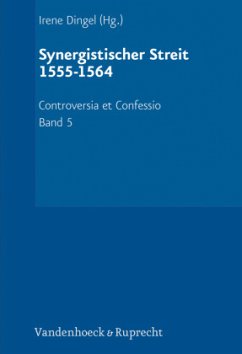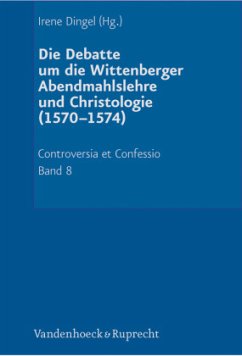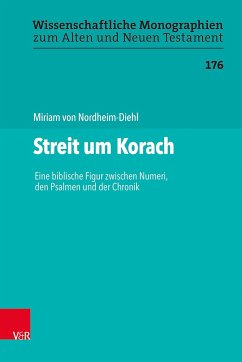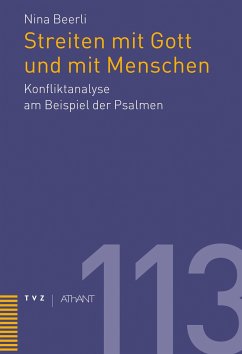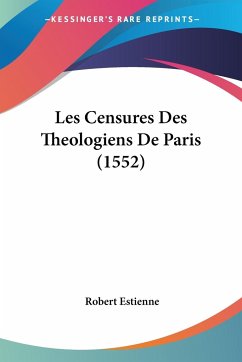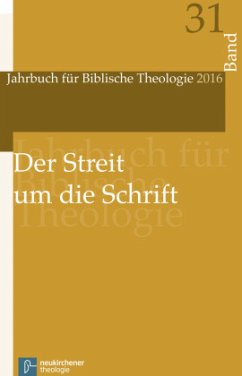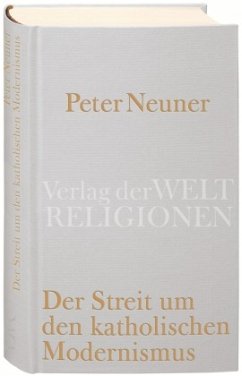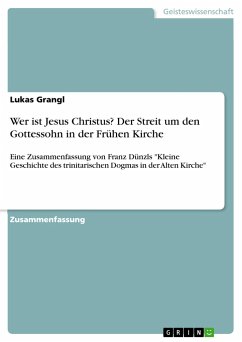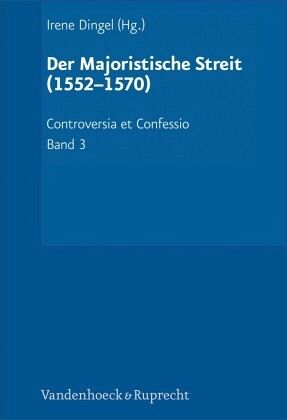
Der Majoristische Streit (1552-1570)

PAYBACK Punkte
0 °P sammeln!
Are good works necessary for salvation, or, on the contrary, even detrimental to salvation? How important is deliberate ethical action for the Christian life? What should Christians do to avoid the danger that the message of justification by grace alone might lead to moral indifference? Over such questions the so-called Majoristic Controversy evolved (1552-1570), which caused some unanticipated confrontations on the field of scholarly disputes among the followers of Luther and Melanchthon in the second half of the sixteenth century. An echo of this dispute can be heard in the fourth article of...
Are good works necessary for salvation, or, on the contrary, even detrimental to salvation? How important is deliberate ethical action for the Christian life? What should Christians do to avoid the danger that the message of justification by grace alone might lead to moral indifference? Over such questions the so-called Majoristic Controversy evolved (1552-1570), which caused some unanticipated confrontations on the field of scholarly disputes among the followers of Luther and Melanchthon in the second half of the sixteenth century. An echo of this dispute can be heard in the fourth article of the Formula of Concord. In volume 3 of the edition Controversia et Confessio" readers find the most important texts produced during that controversy, by authors including Georg Major, Nikolaus von Amsdorf, Matthias Flacius, Stephan Agricola, and others."
Dieser Artikel kann nur an eine deutsche Lieferadresse ausgeliefert werden.




